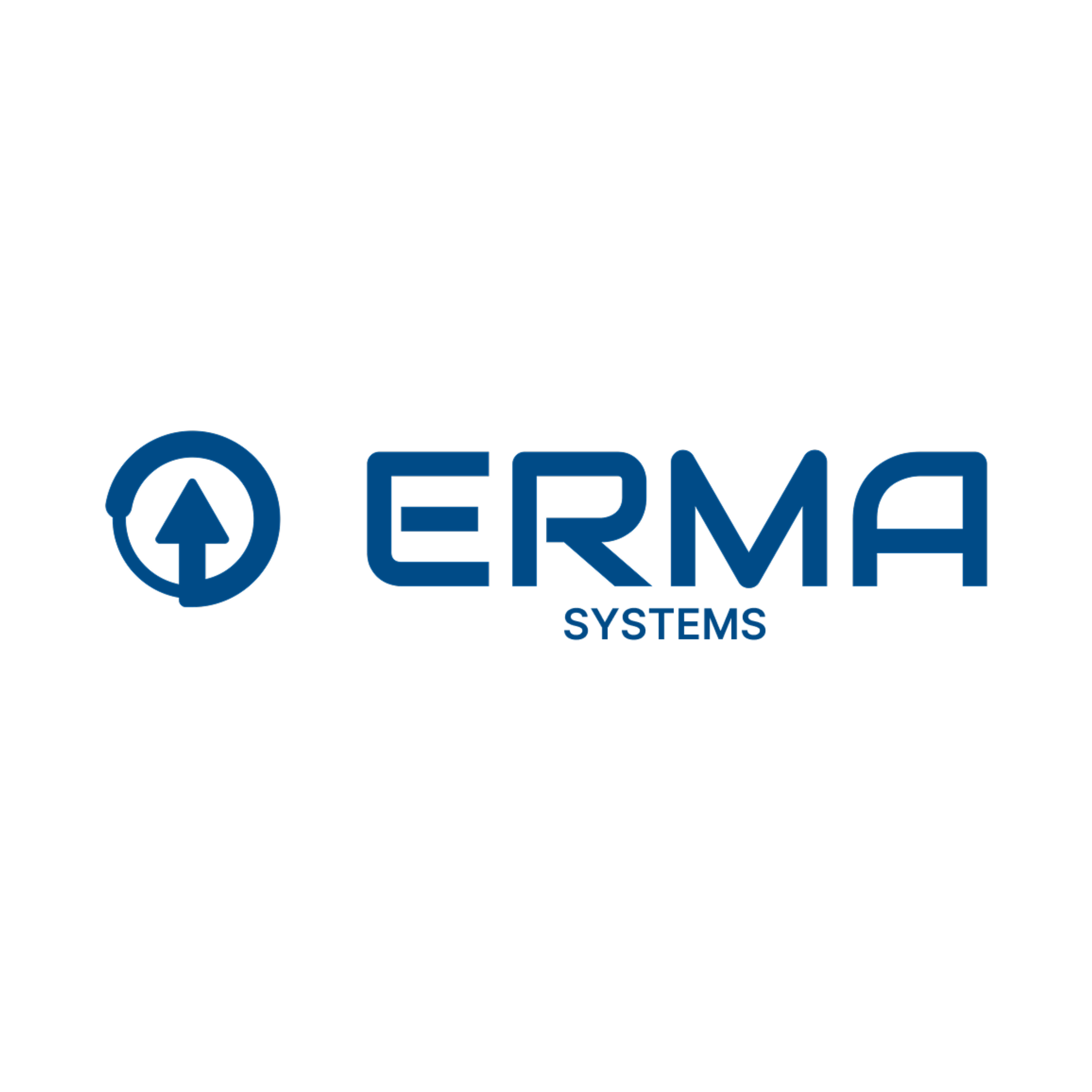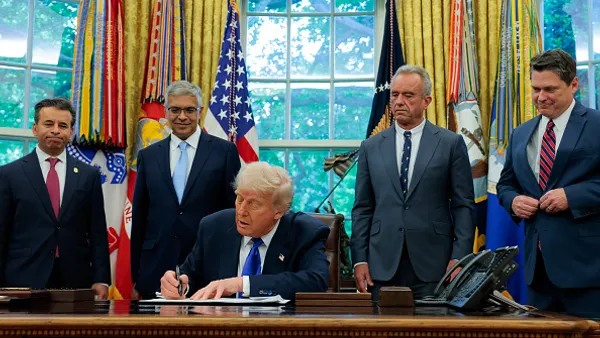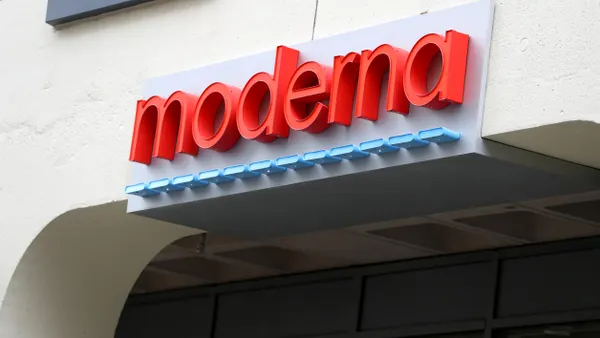Dive Brief:
- Ohio Department of Insurance Director Jillian Froment on April 4 announced that effective immediately, the state is prohibiting insurers and PBMs from charging consumers more for prescription drugs through insurance than patients would pay if they were paying in cash. It also said it was forbidding gag orders, specific restrictions in pharmacy contracts that prevent pharmacists from informing patients they could pay a lower price for a medication.
- The department said its ban on gag rules was initiated in response to consumer questions about companies withholding cost-saving information from patients.
- The bulletin also explicitly bans cost-sharing arrangements like what some refer to as clawbacks, which allow entities to collect copays in amounts greater than what an individual without insurance would pay for a drug.
Dive Insight:
Froment cited legislation that calls for the suspension of an entity's license if it engages in "fraudulent, coercive, or dishonest practices," a rule that bars insurance companies from imposing policies that are "ambiguous, misleading or deceptive," and other legislation that requires policies to provide benefits that are "reasonable in relation to the premium charged."
The new rules state if a cost-sharing amount required by a health plan exceeds the amount that someone with no insurance coverage would pay, the patient should not be charged the higher amount. Clawbacks, where PBMs pocket the difference between what the insurer charges the patient and the price the insurer pays the pharmacy for a drug (the cost of the medication plus a dispensing fee), are also forbidden under the new rules.
In January 2018, Ohio lawmakers introduced the "Prescription Drug Co-Pay Integrity Act," calling for the prohibition of gag clauses and clawbacks. At that time, the Ohio Pharmacists Association said it supported the proposed legislation. "It's time to reclaim the idea that a copay is a shared payment; not an imposed overpayment," OPA Director of Government and Public Affairs Antonio Ciaccia wrote in a statement.
According to findings from the National Conference of State Legislatures, at least 35 state legislatures have considered prohibiting rules to silence pharmacists — and in at least 13 states, similar laws are already in place.
Some big PBMs have contended they do not engage in the practices.
PBM Express Scripts Holding Co. said its members receive the lowest drug cost automatically; it does not engage in clawbacks. It wrote in a March 16 press release that it is against gag clauses and clawbacks, practices in which it said "other" pharmacy benefit managers engage.
And while it said it supported the move to forbid gag clauses, it also asserted "there is never an instance where a pharmacist or pharmacy would need to tell an Express Scripts member about a lower cost by paying cash because the claim would process at the lower cost."
The PBM also re-upped its argument that drugmakers are to blame for high process — not PBMs.
Mike DeAngelis, senior director of corporate communications at CVS, told BioPharma Dive in an interview that its PBM, CVS Caremark, has not engaged in the practice of copay clawbacks, and has no plans to do so.
"In addition, we do not prevent pharmacies from discussing the availability of a lower drug price for cash-paying patients with members and, in fact, our PBM members always get the benefit of at least the lower of the pharmacy’s cash price and the plan’s copay."
State rules also govern a pharmacist's ability to suggest a lower-cost alternative, i.e., a drug from another manufacturer that may be cheaper. When asked specifically about this, DeAngelis wrote, “We don’t prevent pharmacies in our network from discussing the availability of a lower drug price.”











